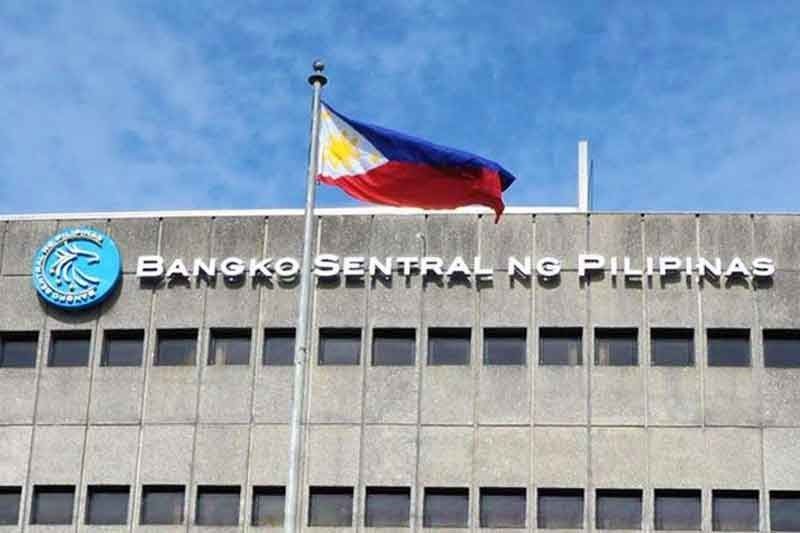Central bank mulls off-cycle policy meeting

MANILA, Philippines — The Bangko Sentral ng Pilipinas (BSP) is considering an out-of-cycle policy meeting of the Monetary Board ahead of the scheduled Sept. 27 meeting to consider recent economic and monetary developments.
“That’s an option. We’ll see,” BSP Governor Nestor Espenilla Jr. said when asked whether an emergency policy meeting was part of the “strong immediate action” to be taken by monetary authorities.
The Monetary Board currently meets every six weeks since 2006 to decide on the stance of monetary policy for a total of eight rate-setting meetings per year. It used to meet every four weeks between 2002 and July 2006.
One of the central banks that recently held an off-cycle monetary policy meeting was the Bank of Indonesia.
“I am not sure if we have done an off-cycle, but that is a possibility, that is on the table,” BSP Deputy Governor Diwa Guinigundo said.
Guinigundo said monetary authorities would continue to take strong action against the volatilities in the foreign exchange market because of the expected inflation impact of a weak peso.
The BSP’s Monetary Board has so far raised interest rates by 100 basis points, bringing the overnight reverse repurchase rate to four percent, in its bid to curb rising inflationary pressures due to higher oil and food prices, depreciating peso, and the impact of the tax reform law.
Calls mounted for another 50 basis point rate hike as economists are not convinced the 100 basis point increase is not enough to rein in inflationary expectations.
Inflation leapt to a fresh nine-year high of 6.4 percent in August due to higher oil and food prices, weak peso and the impact of the implementation of Republic Act 10963 or the Tax Reform for Acceleration and Inclusion (TRAIN) Law.
This brought the average to 4.8 percent in the first eight months of the year, exceeding the BSP’s two to four percent target.
Espenilla said it is most critical at this point to restore inflation back to the target range soonest and securely anchor inflationary expectations.
“An unfortunate confluence of cost-push factors continues to drive consumer price inflation in August beyond the acceptable target range,” Espenilla said.
The elevated inflation in August attributed to food supply shocks particularly rice could be fully addressed by non-monetary measures.
The BSP chief said the central bank is pursuing carefully coordinated efforts with other government agencies in implementing non-monetary measures to further mitigate the impact of supply-side factors on inflation.
Economic managers have been pushing for the amendments to Republic Act 8178 otherwise known as the Agricultural Tariffication Act of 1996, that could reduce inflation by 0.2 percentage point this year and 0.6 percentage point if passed and implemented within the fourth quarter.
The BSP chief also cited the weak peso brought by emerging market uncertainties as well as the elevated oil prices that continue to impact transport and power prices.
“These are adding to the cost-push pressures. However, it is equally apparent that strong domestic demand is making it too convenient for producers and traders to pass on higher costs and possibly more to consumers,” Espenilla said.
- Latest
- Trending


























